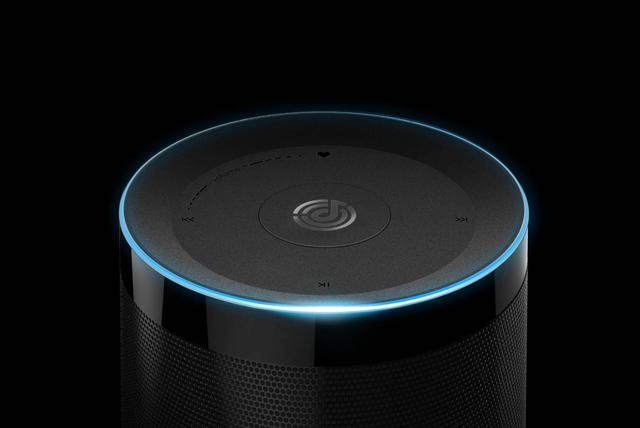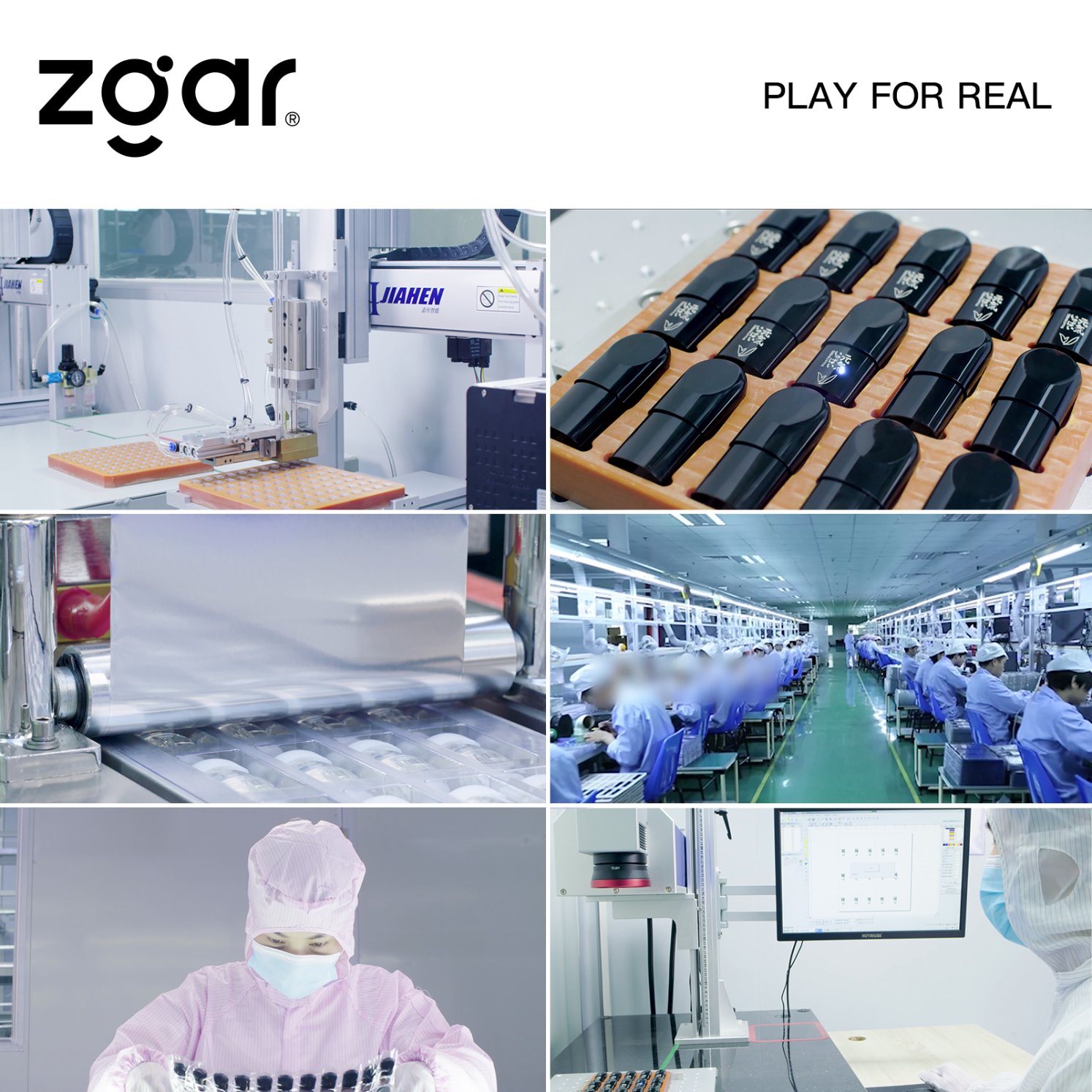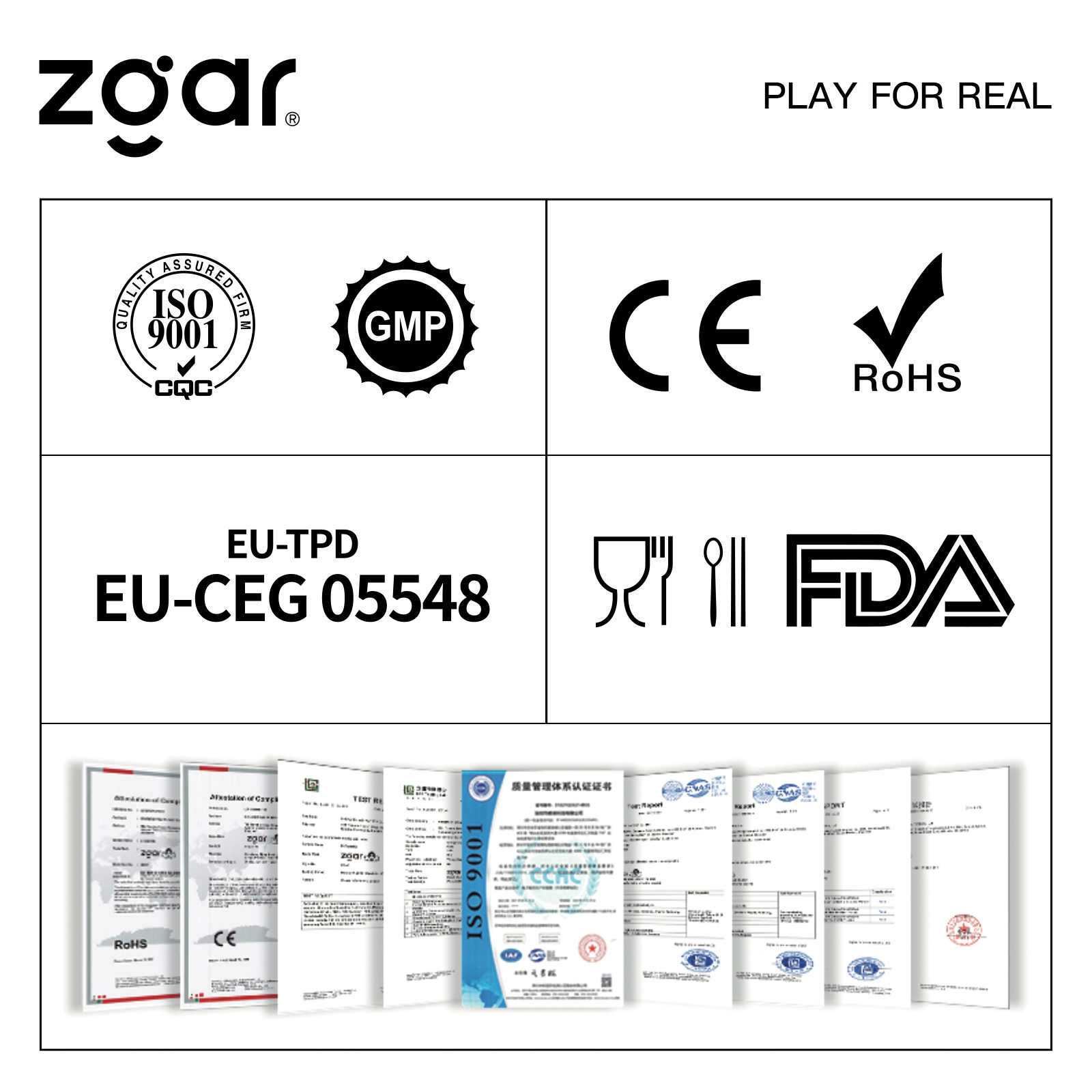OFweek smart home network news in the early summer of 2017, the Chinese Internet giants have aimed at the smart speaker market. Different from the speaker that can be controlled by the mobile phone through the network in the past, this artificial intelligence technology was introduced into it. Therefore, it is also considered as a new round of card slot entry for the Internet of Things.
On July 5th, Baidu declared that DuerOS, a conversational artificial intelligence system, became the core of Baidu’s return to the peak in the next era. On the same day, Alibaba released a smart speaker product and technology platform, claiming to push technology into the consumer market.
The tencent Tencent also released news that it will release similar products in August. A smart hardware industry source told the “Finance†reporter that Tencent’s three departments are developing smart speakers. Prior to this, Tencent has released two departments based on artificial intelligence software system products, the difference is not obvious.

In this competition, BAT's learning object is the Amazon company, which is far from the other side of the Pacific Ocean. In November 2014, Amazon launched a low profile speaker on its official website, named Amazon Echo (hereinafter Echo). At the same time, Amazon announced its artificial intelligence technology behind Alexa.
After Echo's release, Amazon's stock prices soared. In two and a half years, Amazon's stock price has risen from the $300 range to nearly $1,000, and has doubled its success. Combining the layout of cloud computing and commerce, Credit Suisse analyst Stephen Ju predicts that its stock price will rise to $1,350 by the end of 2018.
This story made China excited.
The first to enter is Jingdong, a replica of Amazon in China, whose market value is now almost equal to Baidu. Four months after Echo's release, Jingdong Technology and HKUST launched a joint venture to establish Linglong Technology. HKUST is a company that provides voice technology solutions, and this is a short board that Jingdong cannot rely on for its own construction in the short term. In the early stages of designing the product, he referred to Echo. "After all, Amazon is a benchmark in the field of e-commerce." Zhong Bo, director of the company's product center, told Caijing.
Two months later, Linglong released its first product, which was defined as the “general director†of the smart home scene. Through voice, it can control Jingdong Micro's products and obtain content information. At the end of 2016, we added the function of repurchasing goods. Previously, the form of Jingdong Micro-Link was an app that established home electronic product links through mobile phone + WiFi or Bluetooth.
After Jingdong, small and medium players began to gather and they launched products faster. Pingwest, a technology media report, quoted third-party reports that as many as dozens of voice interactive hardware devices have been available in the Chinese market. Li Haibo, general manager of the Himalayan FM hardware, found that 112 companies had voice intelligence within one kilometer of Shenzhen Nanshan District, which is a major hardware manufacturing facility.
After the experience, Li Haibo believes that these small companies are all working together to spell modules and fight programs without spelling out users and experiences. "They don't know where the market is, where the users are, just know that the trend is coming, and we must keep up."
Giants admission
2017 is a turning point. The Internet giant is cutting into the smart speaker market from artificial intelligence. BAT starts with something like Alexa.
Jia Mo, an analyst with the third-party analyst firm Canalys, told the Caijing reporter that smart speakers require high artificial intelligence technology. Although the current speech recognition scheme is relatively complete, it cannot be compensated for in a short period of time by artificial intelligence technology such as deep learning. Speculators will eventually be screened out, and only deep-growing artificial intelligence can become a big player.
Compared with the shipment of 10 million Echo products, the value of Alexa behind it is even greater. Compared with Apple's Siri and Google's Google Now, Alexa is not in the smart phone. Amazon also chose to open it, which makes it easier for Alexa to integrate with other products. It is conservatively estimated that there are 12,000 products with built-in Alexa technology, ranging from light bulbs to cars.
Amazon CEO Jeff Bezos stated that Alexa will become the fourth pillar of the company in terms of e-commerce, Amazon Prime, and AWS cloud computing. The implication is that intelligent voice technology will become the killer of Amazon in the Internet of Things era. From the PC into the smart phone, Google has replaced Microsoft's overlord.
In China, Baidu also wants to complete the Amazon-style curve overtaking. In January 2017, Baidu introduced former Microsoft executive Lu Qi as president and the company’s overall strategy “All in†artificial intelligence. "All in" is a poker game term that means all the chips are put up. Lu Qi was in charge of Xiaobing and Xiaona’s artificial intelligence robot projects at Microsoft.
Bai Jing, general manager of the Department of Secret Affairs, Jing Hao said that Baidu dialogue artificial intelligence system DuerOS will become the Android operating system in the Internet of Things era. He appealed to developers to choose Alexa in the US market and DuerOS in China.
In order to build the ecosystem, Baidu not only acquired the artificial intelligence startup companies to acquire the corresponding technologies, but also provided the market with hardware reference designs and software compatibility solutions.
A Baidu engineer said that only 17 lines of code need to be modified to migrate Amazon Alexa-equipped devices to Baidu DuerOS in seconds. Prior to this, the entire process required at least five R&D personnel to spend 3 to 6 months.
Unlike Baidu, Alibaba and Tencent are not so urgent.
Ali's smart voice assistant and developer platform AliGenie assumes a similar Alexa role, and Ali claims to currently support more than 100 vendor brands.
Tencent has a lot of business lines developed in parallel because of the habit of internal race competition. However, Tencent has not stated its position on the difference in product positioning. Judging from the existing product descriptions, Jingle and Xiaowei have application scenarios in the smart home, and the Jingle function is closer to Alexa. Tencent also stated that it will release a smart speaker product named "Ear" in August, carrying Tencent's products and content resources.
Behind the smart speaker is the platform dream of the BAT layout IoT era. Since the smart speakers have the ability to collect data at the same time, the giants will be able to provide smart homes, smart cities, and even driverless cars. This is essentially different from the small and medium-sized companies that provide smart speaker products. One in shape and one in Italy.
This means that smart speakers are likely to remain giants' playgrounds.
But can smart speakers really become a leader in hosting BAT's IoT platform dreams? Aside from the comprehensive success factors of Amazon Echo, today BAT may have to face two realities.
First, technology will become an obstacle to the popularity of smart speakers.
"The more you want to do, the more likely it is to make mistakes." A technology solutions provider told the "Financial" reporter that the company provides solutions for many domestic smart speakers.
Yun Zhisheng CEO Huang Wei told the "Finance" reporter that the main technology of smart speakers is far-field recognition technology. Because the user uses the scene relatively far away, the surrounding environment will interfere with the signal and affect the experience. The specific performance is that the speaker is not sensitive when the user wakes up the speaker and interrupts the process during use.
In the early days, companies such as HKUST and other companies invested in speech recognition technology, mostly researching near-field recognition technology. The main application scenario is the dialogue between users and mobile phones. This led to the current lack of technology for many domestic smart speakers, positioning the use scenario as an intelligent assistant.
Chinese and English are very different in language. English is relatively simple. The meaning of each word is clear. However, there are many homophones in Chinese, many synonyms, and different accents in different places. Broadlink CEO Liu Zongxi said that this will challenge the accuracy of product identification. At present, the technology cannot accurately achieve natural language dialogue.
Second, smart audio is not just needed in China. With smart audio as the entrance, the first step may be to strand. Cao Weijing, an analyst at GfK China, told Caijing that the biggest difference between China and the United States is the difference in user demand for speakers. In China, high-end users often choose high-end home audio, and most users will be diverted by headphones. The mini-speaker market has about 3 billion plates a year, but only 40 million products that can be networked and have artificial intelligence. Smart speakers are not just needed.
Alibaba has previously cooperated with Philips to launch a smart wireless speaker "Xiaofei" which even has an LCD screen. Alibaba had hoped to upgrade based on user feedback and big data analysis of the actual scene, but in the end the shipment was too small.
Previous sales data showed that cool dog music smart speaker products sold in the second half of 2016 were priced at 399 yuan, but only 24,000 units were sold at Tmall flagship stores, and high-end versions with touch screens were sold. The number is less than 200 units. The first batch of Himalayan FM products was only 50,000 units, and the second batch of products was delayed until August.
Li Zhiyong, Vice President of Beijing Shengzhi Technology, stated that Amazon’s development was very restrained, and gradually developed the peripheral ecology to meet the user’s expected experience. The company’s resources were fully utilized for promotion. “There is no lack of promotional resources in China, and the lack of experience is to create experienceâ€.
ZGAR electronic cigarette uses high-tech R&D, food grade disposable pod device and high-quality raw material. All package designs are Original IP. Our designer team is from Hong Kong. We have very high requirements for product quality, flavors taste and packaging design. The E-liquid is imported, materials are food grade, and assembly plant is medical-grade dust-free workshops.
From production to packaging, the whole system of tracking, efficient and orderly process, achieving daily efficient output. We pay attention to the details of each process control. The first class dust-free production workshop has passed the GMP food and drug production standard certification, ensuring quality and safety. We choose the products with a traceability system, which can not only effectively track and trace all kinds of data, but also ensure good product quality.
We offer best price, high quality Vape Device, E-Cigarette Vape Pen, Disposable Device Vape,Vape Pen Atomizer, Electronic cigarette to all over the world.
Much Better Vaping Experience!


E-Cigarette Vape Pen,Disposable Device Vape,Vape Pen Atomizer,Latest Disposable E-Cigarette OEM vape pen,OEM electronic cigarette
Shenzhen WeiKa Technology Co.,Ltd. , https://www.zgarvape.com
